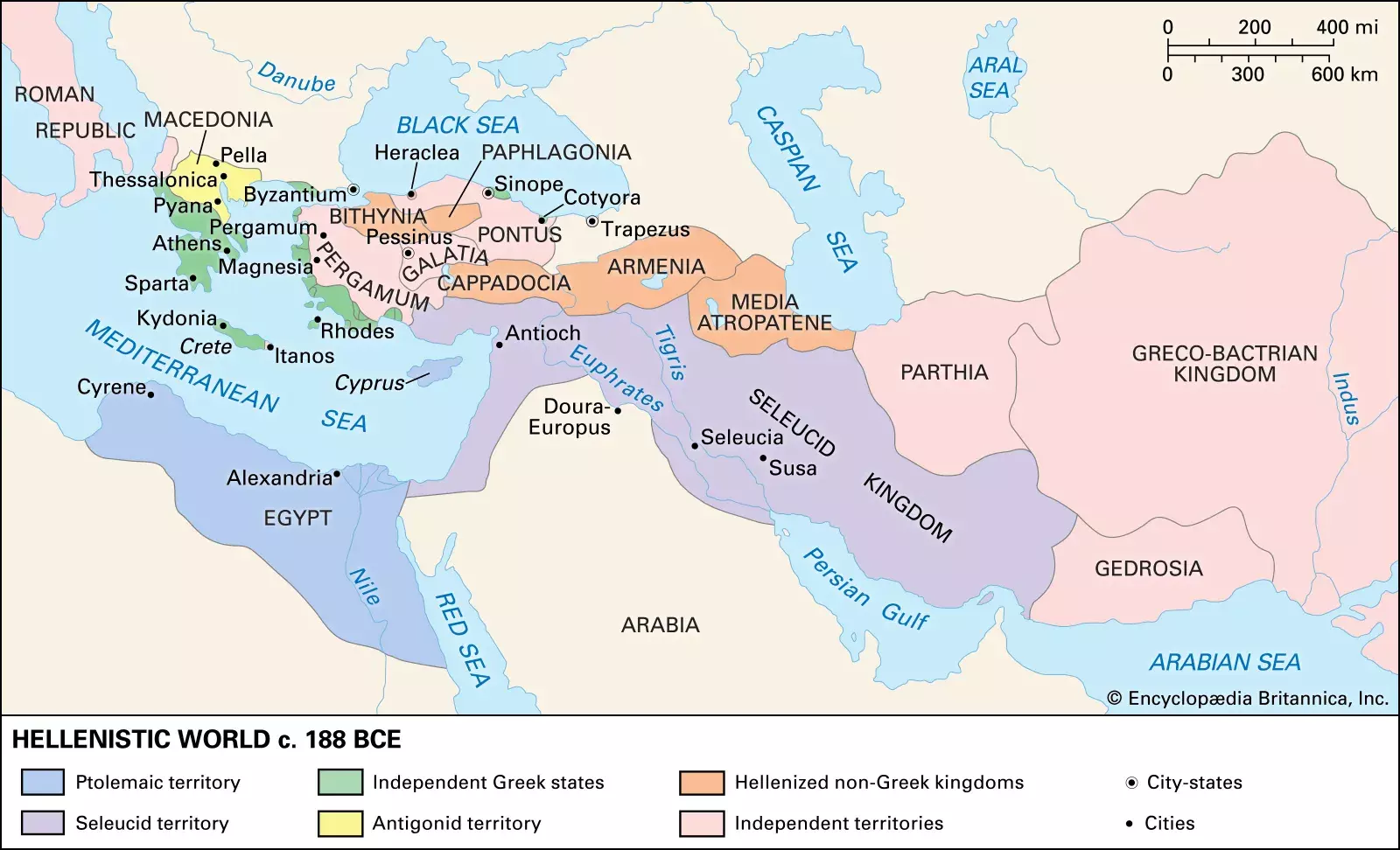The Hellenistic Era was a time of great cultural and intellectual exchange. Greek ideas and customs were adopted by peoples throughout the region, and this led to a new and vibrant hybrid culture.
One of the most significant impacts of the Hellenistic Era on biblical times was the spread of Greek language and literature. The Greek language became the lingua franca of the region, and this allowed for the translation of the Hebrew Bible into Greek. This translation, known as the Septuagint, made the Bible accessible to a wider audience and helped to spread its influence.
The Hellenistic Era also saw the development of new forms of Jewish literature, such as the Wisdom Literature and the Apocrypha. These works were influenced by Greek philosophy and literature, and they reflect the Jewish people's attempts to come to terms with their new cultural environment.
The Hellenistic Era also had a significant impact on the development of Christianity. The New Testament was written in Greek, and it reflects the influence of Greek thought and culture. The early Christians also adopted many Greek philosophical concepts, such as the idea of the Logos.
The Hellenistic Era was a time of great change and upheaval, but it also saw the development of new and vibrant cultures. The impact of Greek culture on biblical times was profound, and it continues to be felt today.
Here are some of the key aspects of Greek culture that had an impact on biblical times:
- Language: Greek became the lingua franca of the region, which allowed for the translation of the Hebrew Bible into Greek and the spread of Jewish ideas to a wider audience.
- Philosophy: Greek philosophy, such as Stoicism and Platonism, influenced the development of Jewish thought, particularly the Wisdom Literature.
- Literature: Greek literature, such as the works of Homer and Herodotus, influenced the development of the Hebrew Bible and the New Testament.
- Art and architecture: Greek art and architecture influenced the development of Jewish art and architecture, particularly in the construction of the Second Temple in Jerusalem.
The Hellenistic Era was a time of great cultural and intellectual exchange, and its impact on biblical times was profound. The Greek language, philosophy, literature, art, and architecture all had a significant impact on the development of Judaism and Christianity.







